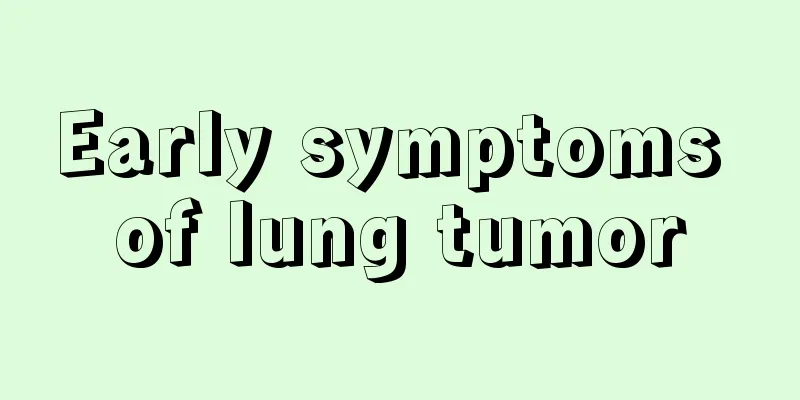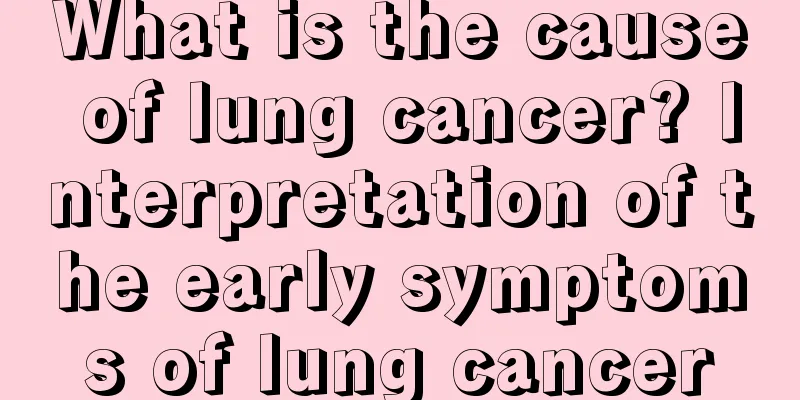What is norovirus?

|
Norovirus is relatively unfamiliar to people. It is a non-bacterial acute gastroenteritis virus. After patients are infected with this virus, they often experience symptoms such as nausea, vomiting, fever, and headache. Children are one of the main groups of people who suffer from the disease. The incubation period of this disease is one to two days. Because this is a self-limiting disease, good treatment generally does not lead to sequelae. Norovirus symptoms 1. Time of onset: The incubation period is 24-48 hours, generally not exceeding 96 hours. 2. Disease progression The clinical manifestations are similar to those of other viral gastroenteritis, with a sudden onset and the main symptoms being fever, nausea, vomiting, crampy abdominal pain and diarrhea. Vomiting or diarrhea may occur alone, or vomiting may occur first and then diarrhea, so it is also called Norovirus infectious diarrhea. Diarrhea is more prominent in adults, while vomiting is more common in children. The stool is yellow, watery and occurs several to dozens of times a day without pus, blood or mucus. It may be accompanied by low fever, sore throat, runny nose, cough, headache, myalgia, fatigue and loss of appetite. Patients with a long course of illness or severe conditions also take longer to detoxify, and the infectiousness may continue until two days after the symptoms disappear. The immune period of this disease is short and infection can occur repeatedly. 3. Norovirus infection test Laboratory examination showed no abnormalities in routine stool examinations, and no pathogenic bacteria grew in culture. Immunoelectron microscopy of the stool 24-48 hours after onset of the disease may reveal viral particles. Norovirus treatment What medicine should I take for Norovirus? There is currently no specific antiviral drug and no vaccine available for prevention. Vomiting and diarrhea are mainly treated with symptomatic or supportive therapy. 1. Oral rehydration salts: Children with mild symptoms should take oral rehydration salts recommended by WHO. Severe cases, especially those in young children and the weak, should be given timely infusions to correct imbalances in water, electrolytes, and acid-base levels. 2. Daily care: Pay attention to the patient's dietary hygiene. Eat more fresh, easily digestible, high-calcium foods, drink more water, eat less high-fat foods, eat less cold food. At the same time, pay attention to keeping the child warm and avoid going to public places where there are too many people. 3. Prevent dehydration: Although most cases of this disease can recover on their own, doctors remind that dehydration is the main cause of death from Norovirus-induced diarrhea. Severe cases, especially young children and the weak, should be given timely infusion or oral rehydration to correct dehydration, acidosis and electrolyte imbalance. 4. Nutritional treatment: The principle of nutritional treatment for diarrhea is to adjust the diet, stop eating high-fat and difficult-to-digest foods to reduce the gastrointestinal burden, gradually restore digestive function, supplement vitamins and electrolytes for causal treatment, and avoid the abuse of antibiotics. |
<<: Always having nosebleeds? This may be the reason
>>: What are the dangers of anal inflammation
Recommend
Will the treatment of advanced lung cancer damage lung function? Which treatment plan should lung cancer patients choose?
Lung cancer is a chronic hypoxic disease. The pri...
Recommended major hospitals for osteosarcoma surgery
Hospitals are trusted by every patient seeking me...
This is what causes onychomycosis on the big toe
Onychomycosis of the big toe is a relatively comm...
What are the symptoms of stomach pain and vomiting
Most people have experienced stomach pain at some...
What are the causes of lung cancer? Know the five major causes of lung cancer and prevent them early
Lung cancer is a very common lung disease. Due to...
Congenital myelomeningocele
Congenital diseases are often discovered when a c...
What are the small particles on the lips
If you touch the area around your mouth with your...
What are the main components of scale
The main components of scale are calcium carbonat...
Experts explain the key points that need to be paid attention to in the prevention and treatment of uterine cancer
There are some things that need special attention...
TCM Syndrome Differentiation and Treatment of Liver Cancer
TCM Syndrome Differentiation and Treatment of Liv...
What should you pay attention to in your diet after breast cancer surgery?
After breast cancer surgery, the most important t...
Red rashes all over the body
The appearance of rashes is mostly caused by skin...
What targeted drugs are effective for brain metastasis of lung cancer
The characteristic of targeted drugs is that they...
Is it good to soak burdock and wolfberry in water?
I don't know if you have ever drunk Niupang t...
Will long-term stomach problems lead to stomach cancer?
Once gastric cancer takes away our health, our pr...









